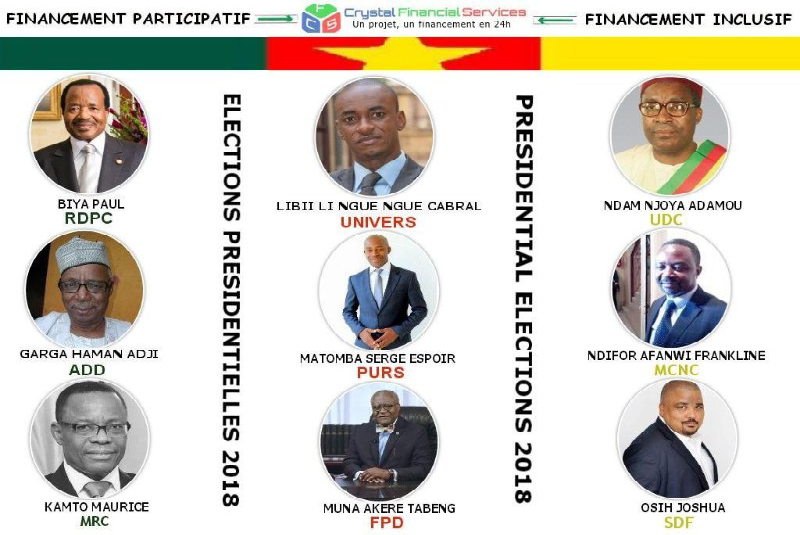×
The Standard e-Paper
Kenya’s Boldest Voice

Polls opened in Cameroon on Sunday for an election widely expected to extend the 36-year rule of President Paul Biya and confirm his place as one of Africa’s last multi-decade leaders.
Victory would usher in a seventh term for the 85-year-old and see him stay until at least the age of 92, bucking a tentative trend in Africa where many countries have installed presidential term limits. The only current African president to have ruled longer is Equatorial Guinea’s Teodoro Obiang Nguema Mbasogo.